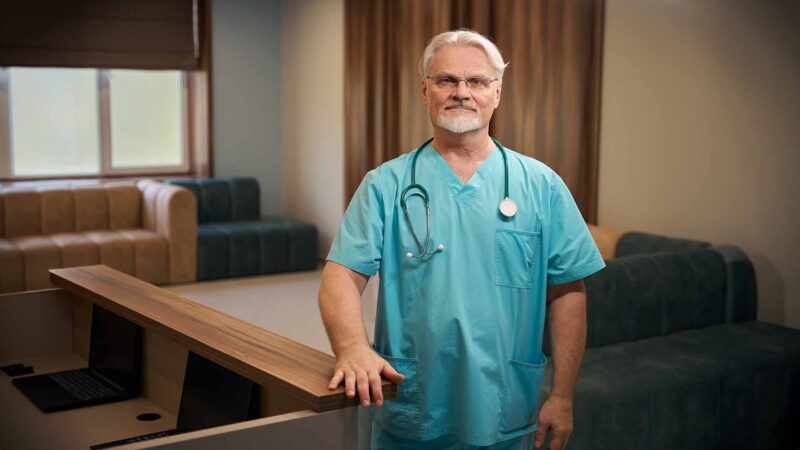Applying nanotechnology to chronic pain management
Dr Felicity Han is a Research Fellow and Leader in Pain Relief Innovation, at the Australian Institute for Bioengineering and Nanotechnology in the University of Queensland. Dr Han’s research interests sit at the interface of drug delivery and the pain field. Her overarching research goal is to improve the quality of day to day life of patients suffering from chronic pain, by applying nanotechnology to the development of novel highly effective pain-killer products for improving chronic pain management.










